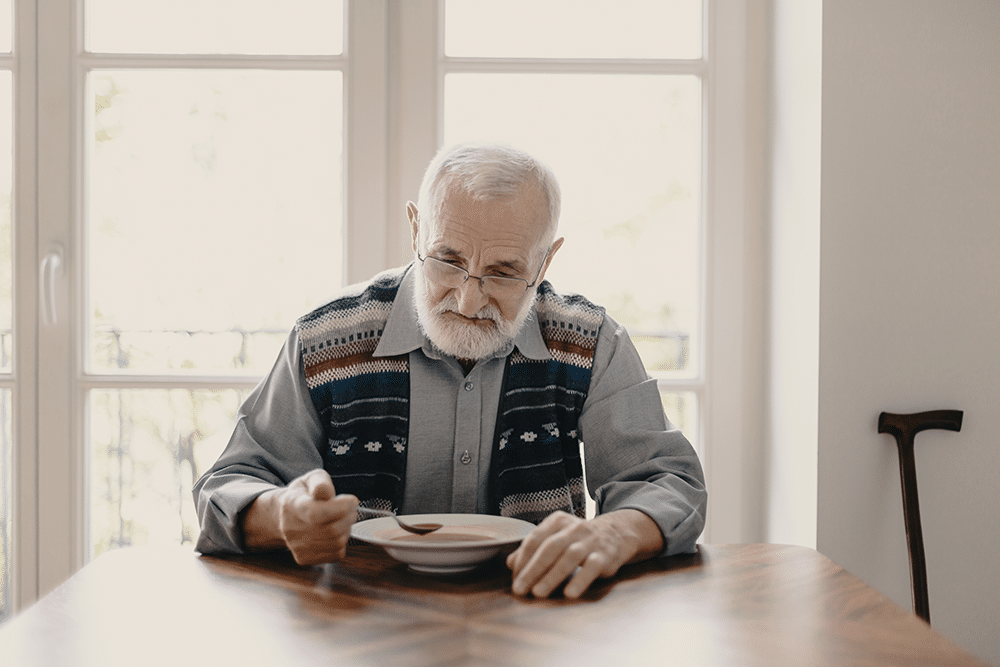“Love begins with a smile, grows with a kiss, and ends with a teardrop.” –– AnonymousAs is the nature of our elder care law practice, I usually meet our client or their spouse at a time when at least one spouse has deteriorated in health to the point of needing some form of long-term care. In some cases, a spouse has recently passed away. In others, a spouse passes during our representation. In most cases, the clients have been married for many years, typically over 50 years.I attempt to not only understand the current situation but also to obtain background on their family and personal history. Although I cannot possibly fully understand the grief the client is going through regarding their recent loss, I at least have a better understanding of the couple’s shared life experiences together.I believe mourning the death of a spouse is different than mourning the loss of a parent. After the children have moved away and have children of their own, a spouse’s death leaves an emptiness that is hard to fill. My father died at age 56 in 1997. Although I think about him every single day, my sister and I were able to come home each day to our spouse and children. My mom was left with an empty house and wonderful memories. There was no one in the house with whom to share the events of the day, discuss the broken pipes and rotten politics, and relish the antics and achievements of children and grandchildren. Who will open the jar that defies efforts, close a stuck window, hold the ladder to change a light bulb, split wood for the fireplace, or take the wheel when the other spouse is too sleepy to drive?I recently had an experience with a client that moved me to tears. I represent an elderly gentleman currently in a local assisted living community. He had lost his wife of over fifty years about six months earlier. He and his wife met while he was in the service in the 1950s, stationed in Germany. Although they never had children, they traveled all over the world and built a wonderful life for the two of them.I recently met him at the bank to view his wife’s jewelry that he had purchased for her over the years, contained in a safety deposit box. We spent over an hour together in a small room at the bank while he took the jewelry out of the box piece by piece, describing when and for what purpose he had purchased each piece. As he took each piece out, he lovingly kissed each one. It was my privilege to spend that time with him as he honored his late wife.As he kissed each piece, I thought to myself, ”Wow, how can I possibly attain and maintain the love that obviously he and his wife shared for over fifty years?” That is the type of spousal relationship we all attempt to achieve.Many of our clients’ spouses suffer from Alzheimer’s or other forms of dementia and have been deteriorating in health for quite some time. The healthy spouse has had the opportunity to be the main caregiver for several years prior to the spouse’s death. Even in that situation, the loss of a spouse can be devastating. In many ways, the healthy spouse being the primary caregiver gave meaning to that spouse’s life. A client whose wife recently passed away due to complications from Alzheimer’s Disease said to me, “although caring for my wife the past few years was difficult, my wife gave meaning to my life.”As the poet Alfred Lord Tennyson said, “Tis better to have loved and lost than never to have loved at all.”


